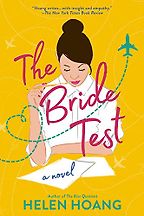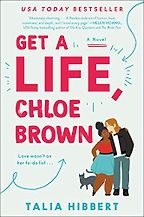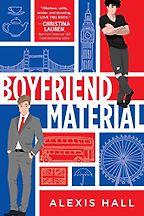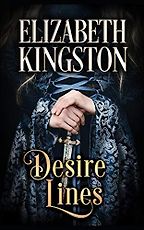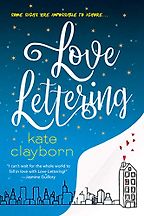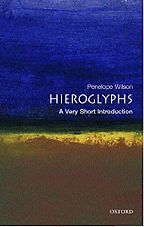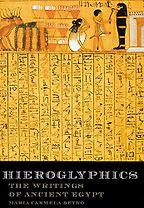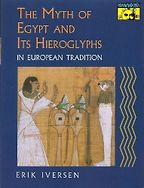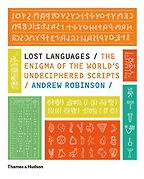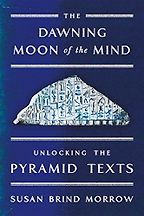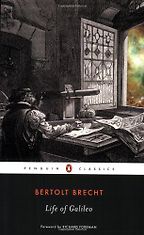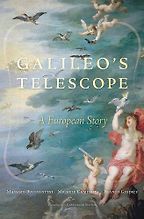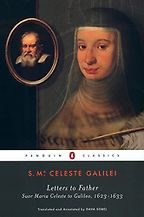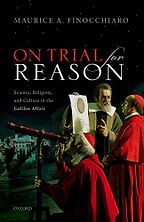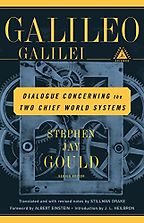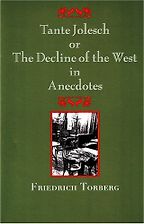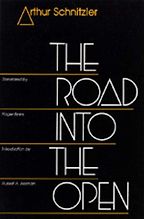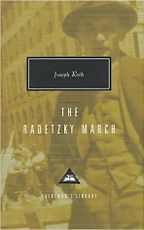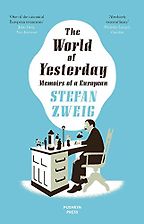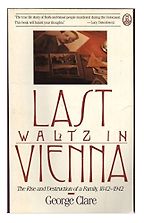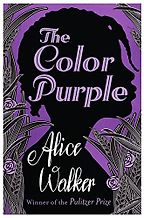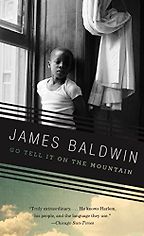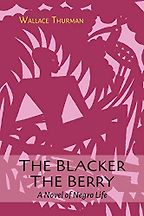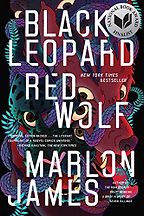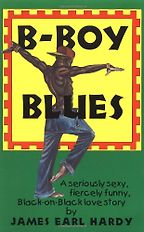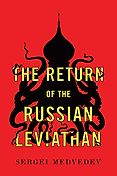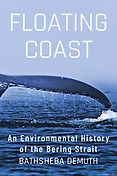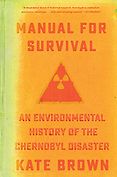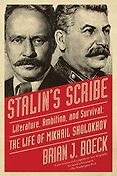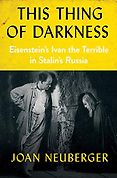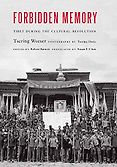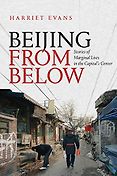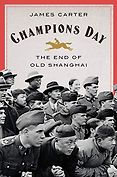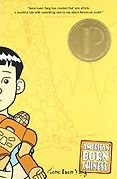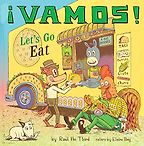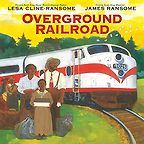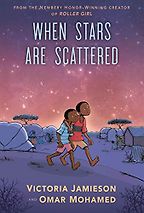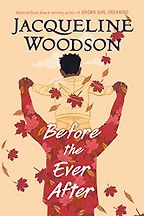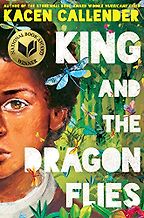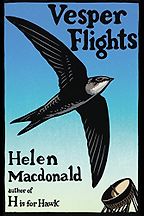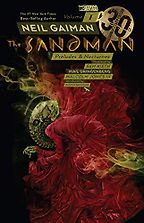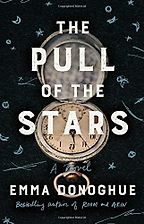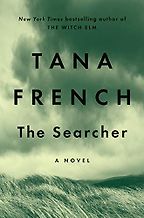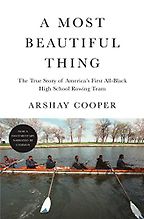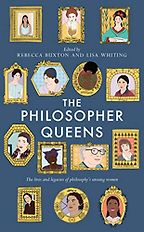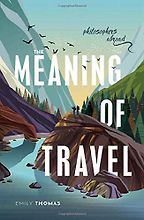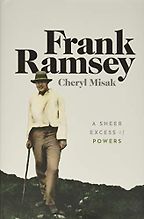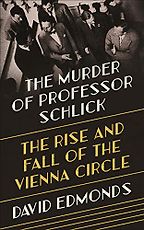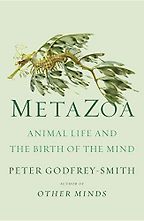Interviewer

Sophie Roell, Editor
Sophie Roell is co-founder and editor of Five Books. Previously she worked as a journalist in London, Beijing, Shanghai and New York. As a financial reporter, she covered the early years of the Chinese stock markets and the transition of its economy after Deng Xiaoping’s 1992 tour of the south. She wrote about the North Korean economy from Pyongyang in 2001.
She studied modern history as an undergraduate at Oxford and, after travelling the world as a reporter for five years, took the Master’s in Regional Studies-East Asia at Harvard University. This wonderfully flexible program insists on at least one East Asian language and some courses on East Asia, but leaves plenty of room to roam about the university taking courses on random subjects. Five Books, set up in 2009, is an attempt to continue that experience.
Below, you’ll find Sophie’s Five Books interviews with experts. Her own recommendations, normally nonfiction, are here. She also reads a lot of mysteries.
Interviews by Sophie Roell
-

1
The Bride Test
by Helen Hoang and Emily Woo Zeller (narrator) -

2
Get a Life, Chloe Brown
by Talia Hibbert and Adjoa Andoh (narrator) -

3
Boyfriend Material
by Alexis Hall -

4
Desire Lines
by Elizabeth Kingston & Nicholas Boulton (narrator) -

5
Love Lettering
by Kate Clayborn & Nicol Zanzarella (narrator)
The Best Romance Audiobooks, recommended by Emily Connelly
The Best Romance Audiobooks, recommended by Emily Connelly
With Valentine’s Day only days away, it’s time to get in the mood for love—and what better way than listening to an audiobook about two people who at first don’t get along but then fall madly in love? Emily Connelly, assistant editor of AudioFile magazine, recommends her favourite romance audiobooks.
-

1
Hieroglyphs: A Very Short Introduction
by Penelope Wilson -

2
Hieroglyphics: The Writings of Ancient Egypt
by Maria Betro -

3
The Myth of Egypt and Its Hieroglyphs in European Tradition
by Erik Iversen -

4
Lost Languages: The Enigma of the World's Undeciphered Scripts
by Andrew Robinson -

5
The Dawning Moon of the Mind: Unlocking the Pyramid Texts
by Susan Brind Morrow
The best books on Hieroglyphics, recommended by Diane Greco Josefowicz
The best books on Hieroglyphics, recommended by Diane Greco Josefowicz
Reading the hieroglyphs of ancient Egypt reveals much about the worldview of a civilisation that rose to prominence 5000 years ago and flourished for thousands of years. Here, intellectual historian Diane Greco Josefowicz—whose book, The Riddle of the Rosetta, co-written with Jed Buchwald, tells the story of how the meaning of the hieroglyphs was deciphered in 19th century France—recommends the best books to learn more about hieroglyphics.
-

1
Life of Galileo
by Bertolt Brecht -

2
Galileo’s Telescope: A European Story
by Franco Giudice, Massimo Bucciantini and Michele Camerota, translated by Catherine Bolton -

3
Letters to Father: Sister Maria Celeste to Galileo
by Suor Maria Celeste (Virginia Galilei) and Dava Sobel (editor and translator) -

4
On Trial for Reason: Science, Religion, and Culture in the Galileo Affair
by Maurice A. Finocchiaro -

5
Dialogue Concerning the Two Chief World Systems
by Galileo Galilei & Stillman Drake (trans.)
The best books on Galileo Galilei, recommended by Paula Findlen
The best books on Galileo Galilei, recommended by Paula Findlen
The trial of Galileo by the Roman Inquisition was one of the most public confrontations between the new science emerging in the 17th century and the Catholic Church but, nearly 400 years later, there’s still a lot of scope to argue what it was about. Here historian of science Paula Findlen, a professor at Stanford University, explains the endless fascination of Galileo Galilei, the Renaissance man who turned a telescope to the sky and took the world by storm, and recommends the best books to start learning more about him.
-

1
Tante Jolesch or the Decline of the West in Anecdotes
by Friedrich Torberg & Maria Poglitsch Bauer (translator) -

2
The Road into the Open
by Arthur Schnitzler & Roger Byers (translator) -

3
The Radetzky March
by Joseph Roth -

4
The World of Yesterday
by Stefan Zweig & Anthea Bell (translator) -

5
Last Waltz in Vienna
by George Clare
The best books on Jewish Vienna, recommended by Brigid Grauman
The best books on Jewish Vienna, recommended by Brigid Grauman
In the late 19th and early 20th century, Vienna had a vibrant intellectual and cultural life, embraced and at times led by key figures in its large Jewish community. All that would disappear with the rise of anti-Semitism and the Anschluss. Many Jews fled or committed suicide. Others were deported to concentration camps. After the war some went back, but Vienna would never be the same. Here Brigid Grauman, whose father’s family were assimilated Jews from Vienna, recommends books that evoke that poignant, tragic period that ended with World War II.
Best Books by Black Queer Writers, recommended by Robert Jones Jr.
The novels of James Baldwin, Alice Walker, Wallace Thurman and James Early Hardy bring the America of the last two centuries vividly to life. Marlon James brings us a fantasy trilogy set in ancient Africa. Robert Jones Jr., author of The Prophets—a love story set on a plantation in the American South—talks us through his choices of the best books by Black queer writers.
-

1
The Return of the Russian Leviathan
by Sergei Medvedev & Stephen Dalziel (translator) -

2
Floating Coast: An Environmental History of the Bering Strait
by Bathsheba Demuth -

3
Manual for Survival: A Chernobyl Guide to the Future
by Kate Brown -

4
Stalin's Scribe: Literature, Ambition, and Survival, the Life of Mikhail Sholokhov
by Brian Boeck -

5
This Thing of Darkness: Eisenstein's Ivan the Terrible in Stalin's Russia
by Joan Neuberger -

6
An Impeccable Spy: Richard Sorge, Stalin’s Master Agent
by Owen Matthews
The Best Russia Books: the 2020 Pushkin House Prize, recommended by Serhii Plokhy
The Best Russia Books: the 2020 Pushkin House Prize, recommended by Serhii Plokhy
Every year since 2013 the Russian Book Prize run by Pushkin House, a UK charity, has carried out the important task of drawing attention to books that “encourage public understanding and intelligent debate about the Russian-speaking world.” Here, Harvard historian Serhii Plokhy, chair of this year’s judging panel, talks us through the books that made the 2020 shortlist.
-

1
Aftershock: Essays from Hong Kong
by Holmes Chan (editor) -

2
Eurasian Crossroads: A History of Xinjiang
by James Millward -

3
Forbidden Memory: Tibet during the Cultural Revolution
by Susan Chen (translator) & Tsering Woeser -

4
Beijing from Below: Stories of Marginal Lives in the Capital's Center
by Harriet Evans -

5
Champions Day: The End of Old Shanghai
by Jim Carter -

6
American Born Chinese
by Gene Luen Yang
Best China Books of 2020, recommended by Jeffrey Wasserstrom
Best China Books of 2020, recommended by Jeffrey Wasserstrom
All eyes are on China as it occupies an increasingly important role on the world stage and its economic growth continues to barrel on. But behind the Chinese Communist Party’s apparent competence lies a deep insecurity about its relationship with its own citizens, particularly those who question its right to rule them. American historian and Sinologist Jeffrey Wasserstrom picks the best books of 2020 on China.
-

1
¡Vamos! Let's Go Eat
by Raúl the Third, narrated by Gary Tiedemann -

2
Overground Railroad
by Lesa Cline-Ransome, illustrated by James Ransome, narrated by Shayna Small and Dion Graham -

3
When Stars Are Scattered
by Omar Mohamed and Victoria Jamieson, narrated by Faysal Ahmed (and full cast) -

4
Before the Ever After
by Jacqueline Woodson, narrated by Guy Lockard -

5
King and the Dragonflies
by Kacen Callender, narrated by Ron Butler
The Best Audiobooks for Kids of 2020, recommended by Emily Connelly
The Best Audiobooks for Kids of 2020, recommended by Emily Connelly
Whether you’re on a car journey or sitting on the sofa together at home, listening to audiobooks with kids can be an incredible experience. Some will make you laugh, some will make you weep. Many will help us develop empathy for other human beings in the world around us. Here Emily Connelly, Assistant Editor at AudioFile, talks us through the magazine’s choices of the best audiobooks for kids of 2020.
-

1
Vesper Flights
by Helen Macdonald (author and narrator) -

2
The Sandman
by Dirk Maggs (audiobook adaptation), Full Cast & Neil Gaiman -

3
The Pull of the Stars: A Novel
by Emma Donoghue & Emma Lowe (narrator) -

4
The Searcher: A Novel
by Roger Clark (narrator) & Tana French -

5
A Most Beautiful Thing: The True Story of America's First All-Black High School Rowing Team
by Adam Lazarre-White (narrator) & Arshay Cooper
The Best Audiobooks of 2020, recommended by Robin Whitten
The Best Audiobooks of 2020, recommended by Robin Whitten
With most people carrying smartphones these days, entering the world of audiobooks has never been easier. Some are straightforward narrations of a book, but when an audiobook is done well, it can be an extraordinary, all-encompassing experience. Here Robin Whitten, editor of AudioFile magazine—the best resource for finding good quality audiobooks on the web, in our view—talks us through her picks for the best audiobooks of 2020, chosen from the hundreds they’ve reviewed over the course of the year.
-

1
The Philosopher Queens: The lives and legacies of philosophy's unsung women
by Lisa Whiting & Rebecca Buxton -

2
The Meaning of Travel: Philosophers Abroad
by Emily Thomas -

3
Frank Ramsey: A Sheer Excess of Powers
by Cheryl Misak -

4
The Murder of Professor Schlick: The Rise and Fall of the Vienna Circle
by David Edmonds -

5
Metazoa: Animal Life and the Birth of the Mind
by Peter Godfrey-Smith
The Best Philosophy Books of 2020, recommended by Nigel Warburton
The Best Philosophy Books of 2020, recommended by Nigel Warburton
2020 has been a great year for popular philosophy with many excellent books published. Here, Nigel Warburton, our philosophy editor and co-host of the Philosophy Bites podcast, picks his favourites and explains what he likes about them.
